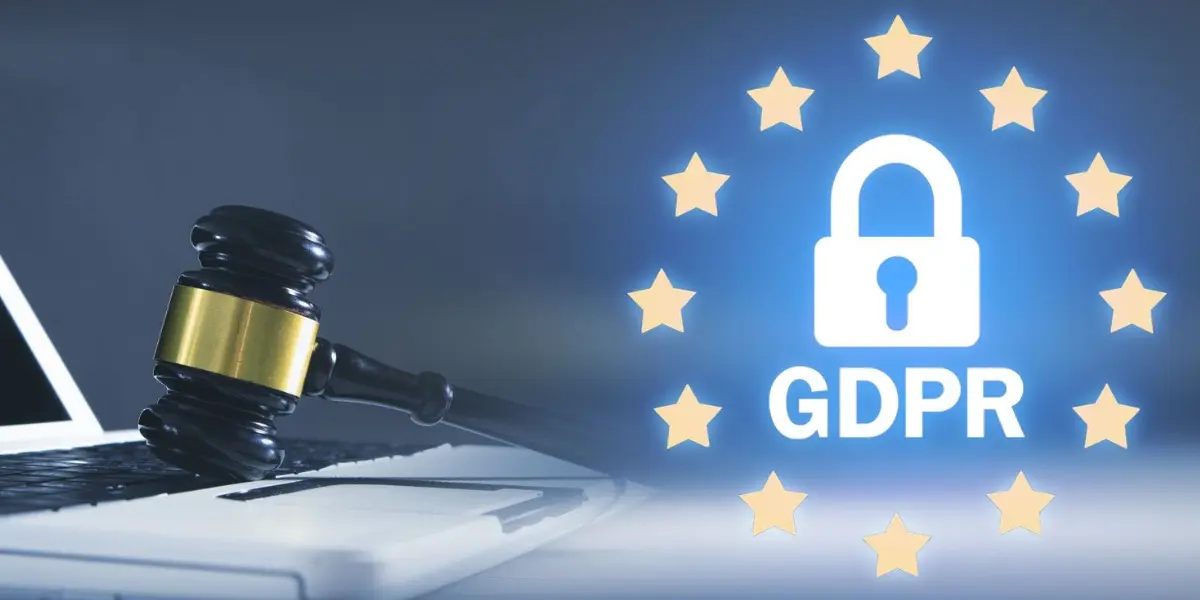Understanding the impact of GDPR in Mergers and Acquisitions
With the intensifying global emphasis on data privacy, data protection now holds a critical position in the sphere of mergers and acquisitions (M&As). The General Data Protection Regulation (GDPR) embodies this shift, representing a pivotal regulatory framework in the European Union (EU) that has worldwide implications.
The GDPR was implemented in 2018 to protect EU citizens’ privacy rights in an era where personal data has become a valuable commodity. It applies to all organizations operating within the EU and to those outside the EU that offer goods or services to, or monitor the behavior of, EU data subjects. Its key principles revolve around lawfulness, fairness, transparency, data minimization, accuracy, storage limitation, integrity and confidentiality, and accountability.
Non-compliance with GDPR can lead to severe consequences, including penalties of up to €20 million or 4% of the company’s global annual turnover, whichever is higher. This risk doesn’t dissipate in the context of M&As; in fact, it can even be heightened. The liability for these penalties can transfer to the acquiring company post-acquisition, meaning that if the target company isn’t GDPR compliant, the acquiring company could face significant financial and reputational damage. This makes assessing a target’s GDPR compliance a crucial part of your M&A due diligence process.
Analyzing GDPR compliance
A comprehensive assessment of a company’s GDPR compliance is integral, irrespective of its size. Whether dealing with small and medium-sized enterprises (SMEs) or larger corporations, a stringent examination of their data protection procedures, policies and practices is essential. While the specifics may vary according to the size and nature of the organization, the underlying commitment to robust data protection should remain constant.
Policies and procedures
No matter their size, businesses should have clear policies and procedures that outline how they handle personal data. These should cover every stage of data processing, from collection and storage to deletion. Examine these policies to ensure that they align with GDPR’s principles of data minimization, purpose limitation, accuracy, storage limitation, integrity, confidentiality, and accountability.
Consent management
Consent is a crucial aspect of GDPR compliance. A compliant company must be able to demonstrate that it obtains clear, informed consent for data collection and processing. The company should have processes in place for managing consent records and for allowing individuals to withdraw their consent at any time.
Data subject rights
GDPR provides individuals with several rights regarding their personal data, including the right to access their data, correct inaccuracies, erase data, restrict processing, and object to processing. Both SMEs and larger companies should have established processes for responding to data subjects’ requests to exercise these rights.
Data Protection Officer
Larger companies and organizations that process large volumes of sensitive personal data must appoint a Data Protection Officer (DPO). If the target company falls into this category, you should verify that a DPO is in place and that they are suitably qualified and actively involved in maintaining GDPR compliance.
While SMEs might not legally require a DPO, it’s still beneficial if they have a designated person or team responsible for data protection matters. This shows a proactive approach to data protection and GDPR compliance.
Staff training
Staff awareness and training play a vital role in maintaining GDPR compliance, particularly for SMEs. Ensure that the target company regularly trains its staff on data protection and GDPR compliance and that it has a culture of data protection awareness.
Data breaches
Examine the company’s history of data breaches and how it has handled them. A track record of numerous breaches might indicate inadequate data protection measures, while an effective response to a single breach could indicate strong procedures and a proactive approach to GDPR compliance.
Evaluating GDPR compliance can be a complex task, but it’s an essential part of the due diligence process in today’s economical environment.
Identifying potential GDPR risks
In addition to evaluating existing data protection measures, it’s important to identify potential GDPR risks that might arise from a merger or acquisition. These could include data transfers, especially if the companies involved are based in different jurisdictions. If your acquisition target transfers data outside the European Economic Area, verify that adequate safeguards are in place, as required by the GDPR.
Post-Acquisition GDPR compliance
Remember, GDPR compliance doesn’t end with the acquisition. The purchasing company must integrate the target company’s data protection measures into its own framework, keeping GDPR compliance at the forefront of the integration process. Any gaps in compliance should be identified and rectified as soon as possible to avoid potential penalties and reputational damage.
Conclusion
Mergers and acquisitions present a plethora of potential rewards for companies looking to expand or diversify. However, in the era of GDPR, they also come with potential risks that must be carefully managed. The complex nature of GDPR means that due diligence needs to extend beyond traditional financial and legal assessments, to also consider data protection and privacy implications.
Ensuring GDPR compliance in acquisitions is not merely a regulatory requirement – it’s an investment in the sustainability and reputation of your business.
Remember, as the saying goes, “Forewarned is forearmed”. So, arm your business with a robust GDPR compliance strategy before stepping into the M&A arena.
Invest time, effort, and expertise into understanding the GDPR implications of your acquisition target. Doing so will protect your business from potential fines, legal complications, and reputational damage, and ultimately support a smooth and successful acquisition process.
Disclaimer
The opinions, presentations, figures and estimates set forth on the website including in the blog are for informational purposes only and should not be construed as legal advice. For legal advice you should contact a legal professional in your jurisdiction.
The use of any content on this website, including in this blog, for any commercial purposes, including resale, is prohibited, unless permission is first obtained from Vaultinum. Request for permission should state the purpose and the extent of the reproduction. For non-commercial purposes, all material in this publication may be freely quoted or reprinted, but acknowledgement is required, together with a link to this website.

